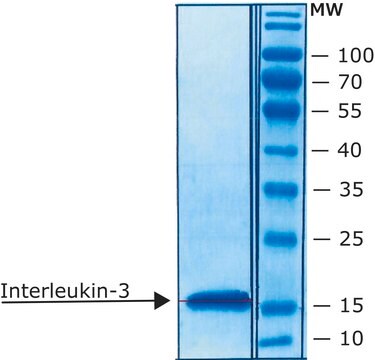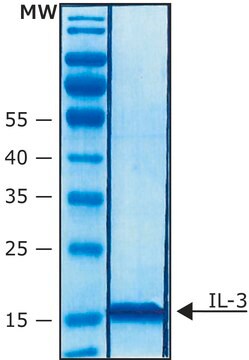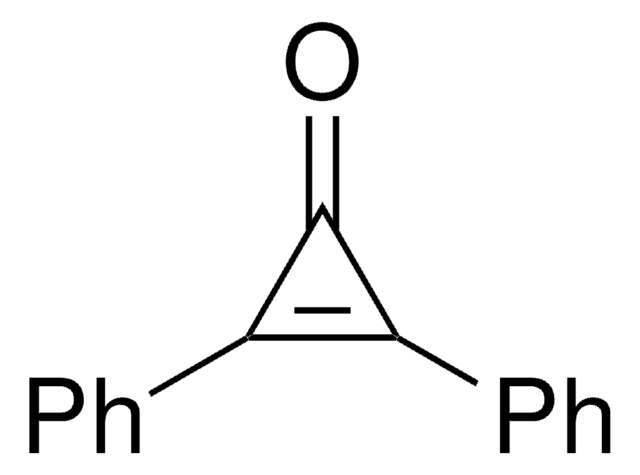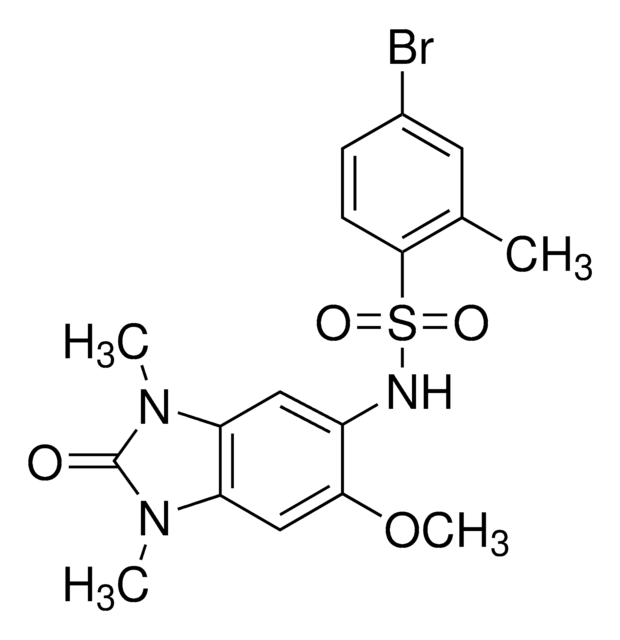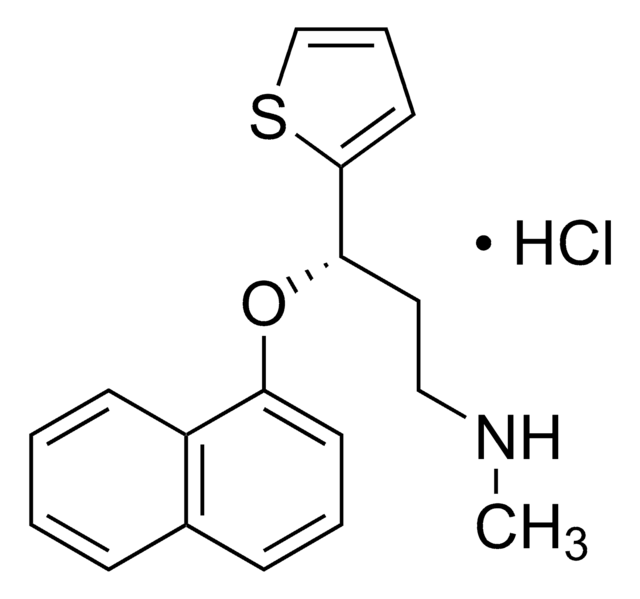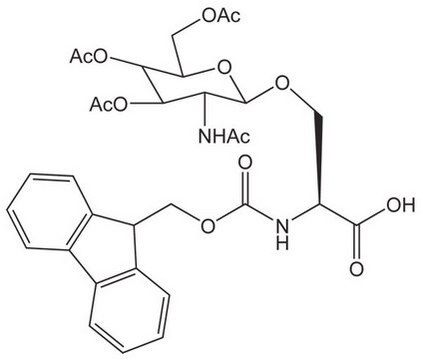SRP4135
IL-3 from mouse
recombinant, expressed in E. coli, ≥98% (SDS-PAGE), ≥98% (HPLC)
Synonyme(s) :
HCGF P-cell stimulation factorIL-3 MGC79398, Interleukin-3, MCGF (Mast cell growth factor)Multi-CSF, MGC79399
About This Item
Produits recommandés
Source biologique
mouse
Produit recombinant
expressed in E. coli
Essai
≥98% (HPLC)
≥98% (SDS-PAGE)
Forme
lyophilized
Puissance
<0.05 ng/mL ED50
Poids mol.
~15.1 kDa
Conditionnement
pkg of 10 μg
Impuretés
endotoxin, tested
Numéro d'accès NCBI
Conditions d'expédition
wet ice
Température de stockage
−20°C
Informations sur le gène
mouse ... Il3(16187)
Vous recherchez des produits similaires ? Visite Guide de comparaison des produits
Description générale
Actions biochimiques/physiologiques
Forme physique
Reconstitution
Code de la classe de stockage
11 - Combustible Solids
Classe de danger pour l'eau (WGK)
WGK 3
Point d'éclair (°F)
Not applicable
Point d'éclair (°C)
Not applicable
Faites votre choix parmi les versions les plus récentes :
Certificats d'analyse (COA)
Vous ne trouvez pas la bonne version ?
Si vous avez besoin d'une version particulière, vous pouvez rechercher un certificat spécifique par le numéro de lot.
Déjà en possession de ce produit ?
Retrouvez la documentation relative aux produits que vous avez récemment achetés dans la Bibliothèque de documents.
Notre équipe de scientifiques dispose d'une expérience dans tous les secteurs de la recherche, notamment en sciences de la vie, science des matériaux, synthèse chimique, chromatographie, analyse et dans de nombreux autres domaines..
Contacter notre Service technique


